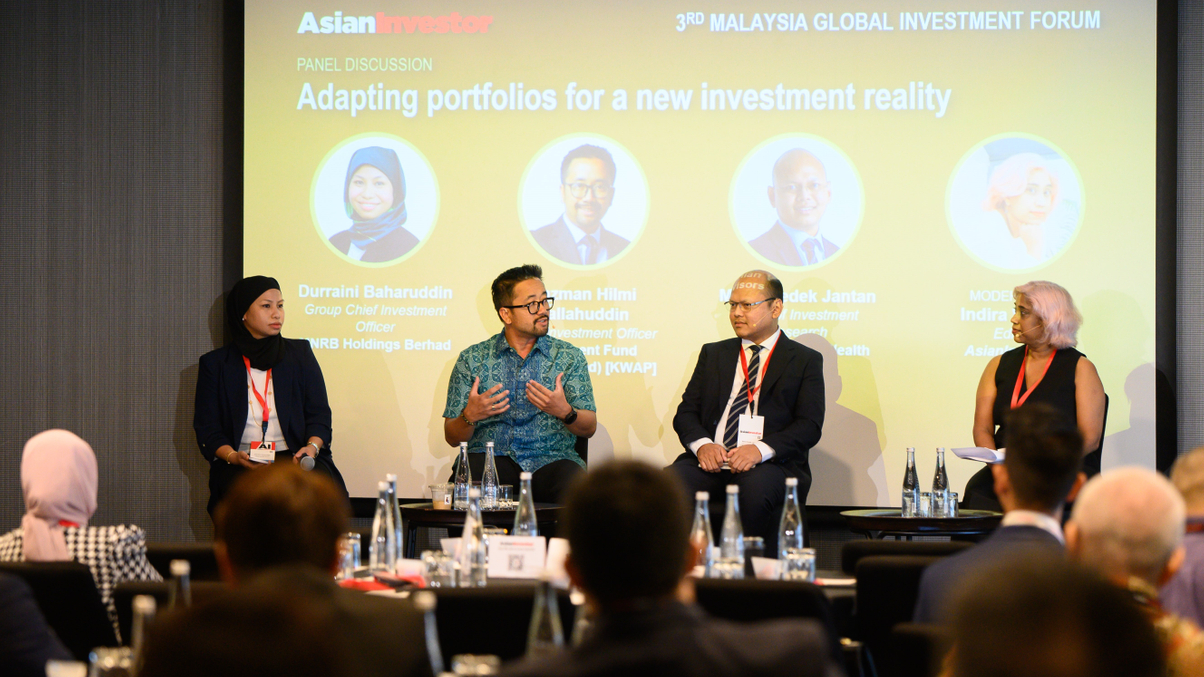KWAP to invest $9bn in local private markets in next five years
The $40 billion Malaysian public pension fund will adjust its strategic asset allocation plan for 2025 to support local high-growth, high-value sectors under a government initiative.

Malaysia’s public pension fund will alter its 2025 strategic asset allocation, allowing it to "better execute" a commitment to investing RM40 billion ($9.3 billion) in the domestic private market, according to Hazman Hilmi Sallahuddin, CIO of Kumpulan Wang Persaraan (Diperbadankan), or KWAP.
Sign in to read on!
Registered users get 2 free articles in 30 days.
Subscribers have full unlimited access to AsianInvestor
Not signed up? New users get 2 free articles per month, plus a 7-day unlimited free trial.
¬ Haymarket Media Limited. All rights reserved.


